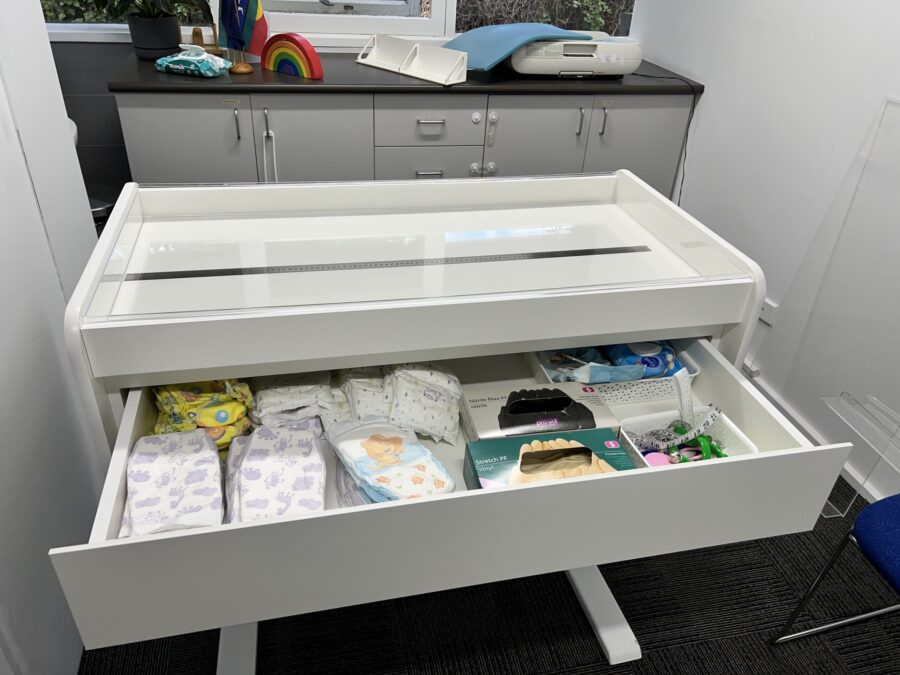
Building High-Performing Teams: The Key to Startup Success
For start-up founders and CEOs, constructing a top-performing team is a crucial element of success. This process begins with the establishment of a robust organisational culture, underpinned by shared values. These values can foster a sense of unity and purpose among employees, boosting morale and productivity.
However, it’s essential to note that organisational culture goes beyond perks, trendy office designs or social spaces. In essence, culture is the collective beliefs, values, customs, and behaviours that characterise a company. A company culture based on strong values can attract and retain talent, cultivate a positive work environment, and provide clear direction for the business. Employees are more likely to be engaged and dedicated to their work when they feel a connection with the company’s shared vision.
So, what constitutes the shared values and pillars of high-performing teams? While this may differ depending on the organisation and industry, my experience in various successful organisations suggests that certain themes are vital for productive and successful teams in any start-up.
Firstly, the customer is at the core of every business – without them, there would be no company. As such, a start-up’s primary responsibility is to attentively listen to customers, understand their needs deeply, and strive to meet them as effectively as possible. This ongoing process requires companies to foster a culture of customer orientation and sensitivity among all employees. This approach creates a beneficial cycle of customer feedback and continuous improvement.
Secondly, while it’s one thing for a start-up to develop a great product or service that fills a market gap, it’s another thing entirely to successfully sell it to customers. For a start-up to grow and succeed, it must “productize” its offerings. This involves transforming a service, idea or process into a well-packaged product that can be sold and delivered on a large scale. Productizing is crucial for start-ups to expand their customer base, increase revenue, and improve profit margins. To achieve this, teams within the start-up ecosystem should be trained and encouraged to think and act like product managers, focusing on standardisation, scalability, and replicability.
The phrase “Think big, move fast, start small” is often attributed to Eric Ries, author of “The Lean Start-up,” and has become a critical principle for start-ups. This approach emphasises quick experimentation, iterative development, and a customer-centric approach to building and scaling a business. Speed of action, the freedom to experiment, and the permission to fail and try again are all vital in a start-up environment. A focus on speed-to-market and Minimum Viable Product thinking is essential, along with a decision-making process that encourages quick, direct communication between teams.
High-performing teams are built on transparency, collaboration, and teamwork. Leaders should strive to create an open culture based on integrity, incorporating direct constructive feedback and one-on-one interactions. Candour and open communication are paramount in creating a high-performance team. In the fast-paced environment of start-ups, every team member’s insights, ideas, and feedback are invaluable. Transparent communication builds trust among team members, encouraging them to share their thoughts and concerns without fear of judgement. This open dialogue leads to more creative problem-solving, efficient decision-making, and a stronger sense of unity.
Building a high-performing team requires time and effort but yields significant results in the long run for a start-up’s success. Teams that can bond over shared values and a shared vision can execute faster, smarter, and better, creating enormous value for themselves and all stakeholders. As you’re working at your electric height adjustable standing desk or considering how to choose the best standing desk for your start-up team, remember that the health benefits of an electric stand up desk are just one part of building a high-performing team. The other part is fostering a culture of shared values, transparency, and customer focus.





